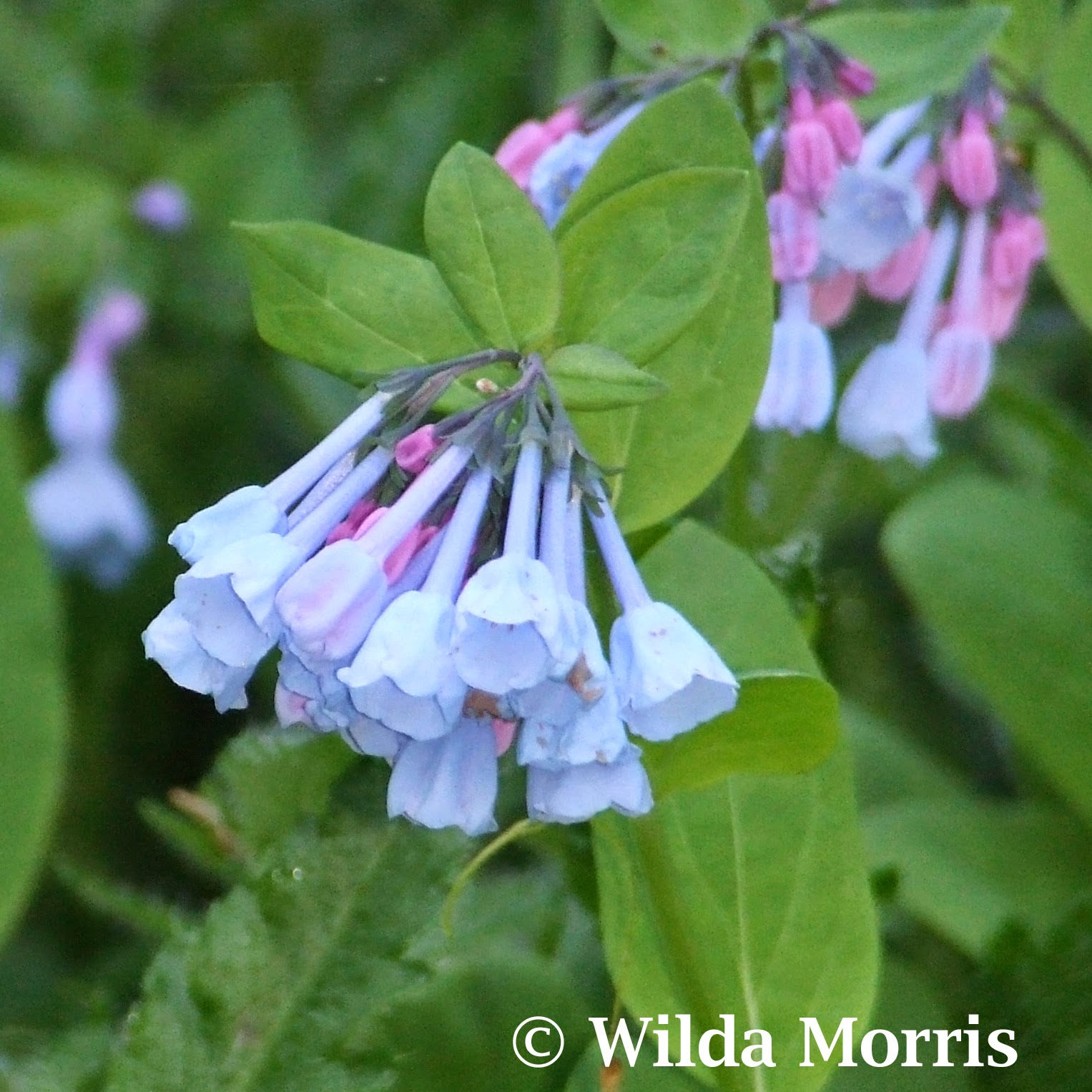Patrick Dunn, the judge for the July poetry challenge, is an associate professor of
English at Aurora University, where he teaches linguistics, stylistics, and
creative writing. He is the author of three books on esoteric
spirituality and a book of poetry, Second
Person. His poetry has appeared in Fifth Wednesday, Poetry Sky,
and Edgz. His work has been
translated into several languages, including Czech, Russian, and Chinese.
His poetry has won the NWG Founders Prize, and his second book won the COVR
award. He selected first, second and third place poems. We’ll begin with the
first place poem:
Illinois Fragment
one April Sunday
we hiked a mileover fences and
across a fallow field
splashed through
a pebbled brookto a spot you’d found
while hunting
your old lab
ran in zigzags through the woods
bewitched by spring
deep inside
an old woodlota pool of bluebells
in a hollow curve
a quiet cup of ocean
a scrap of fallen skyso blue even the air
above was blue
a place so still
we felt the bluebellsbend and blow
inside us.
~ Joan
Peronto
Dresbach Rest Area
It’s
called a thin spot—
where
I sit beneath a blue washed sky
beside the Mississippi
and feel the power of God
through the warm sunshine
caressing my back
and the blades of grass
running between my fingers.
The ebb and flow of small town life
meanders through the lock and damn
releasing fishermen in to the hope
of a better catch on the other side
and I watch her beauty
and remember the cautions
of her deadly current
that spins water snakes
around beaches
that have no lifeguards.
She
cuts through
two
states hereand spits Eagles into the wind
soaring like guardian angels
here, over my thin spot,
perhaps protecting God
from the sight of empty Coke cans
and cigarette butts.
~ Pamela Larson
The judge’s comments on the second place poem: "’Dresbach Rest Area’ deftly paints a picture of the Mississippi as we Midwesterners know her. I was particularly struck by the triple juxtaposition of dangerous but beautiful nature, the corruption and detritus of humanity, and the silent gaze of the divine.”
Remembering Puck
Grandma’d placed the bench at
orchard’s edge
behind the big farmhouse,pungent apples fallen at my feet
heady liqueur for the sucking bees.
There sat I, deep into July,
With A Midsummer Night’s
Dream in my lap. Virginal at sweet sixteen,
Shakespeare’s magic belonged to me.
Mine, too, Grammy’s garden on that glowing, sweet,
summer night. Greater my
wish for puckish pranks, and reading more
into the five acts: my high delight.
~ Carole Mertz
Congratulations to the three
winners! The winning poems are property of the poets who wrote them. Please do
not reproduce them without their consent.
About the
Winners:
Joan Peronto lives
and writes poetry in the Berkshire Hills of Massachusetts. She is a
transplanted mid-westerner, having spent the first 22 years life in Central
Illinois . She is a graduate from the U. of Wisconsin , Madison in history
and science. Joan worked in the reference department of the Berkshire Athenaeum
for 34 years and, with her husband, raised seven children, now educated
and thrust upon the world.
Her poetry has appeared in
Crossing Paths, an anthology of Western New England poets, The Berkshire
Review, The Berkshire Sampler, Hummingbird, The P.E.O.Record
and The Rockford Review. Her children’s poetry has appeared in Ladybug and
Spider.
Pamela Larson lives in Arlington Heights, IL. Pam has been published in the
Daily Herald, Karitos, Cram Poetry Series, Journal of Modern Poetry, bottle
rockets haiku journal and on PoetrySuperHighway.com and DagdaPublishing.com.
She has won many awards from Highland Park Poetry and a Pushcart Prize
Nomination from chicagopoetry.com
Carole Mertz studied in
Salzburg, Austria and received her Mus. B from Oberlin College. She began
writing poetry in 2008. Her work is published in Mature Years, With Painted
Word, The Copperfield Review, Conium Review, Rockford Review, at Tiny
Lights, Page & Spine, and at The Write Place at the Write Time.
Her chapter on tips for writers is included in Writing After Retirement:
Tips by Successful Retired Writers, Smallwood and Redman-Waldeyer, Eds. (Scarecrow
Press) forthcoming 2014.



